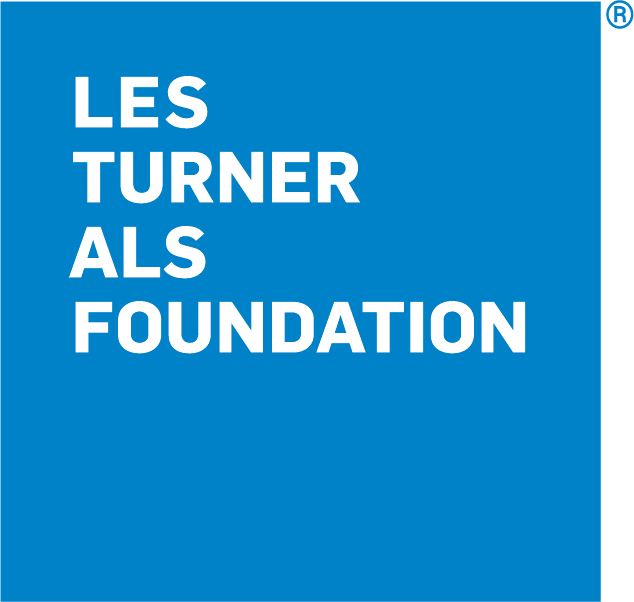Clinical research at the Lois Insolia Clinic at the Les Turner ALS Center at Northwestern Medicine plays a pivotal role in helping researchers understand the causes of ALS and how to develop better treatments for the disease. But many people living with ALS aren’t certain how to get started with clinical research or whether participating is right for them.
Emma Schmidt, Clinical Research Project Manager at the clinic, sees that first-hand – and that’s why she’s excited to share the Les Turner ALS Foundation’s new ALS & Participation in Clinical Research guide with people living with ALS and their families.
“If patients are overwhelmed, they don’t always retain the things we say,” says Emma. “This guide can help bridge the gap between when they first come here and when they’re ready to think about research.”
Since joining the clinic in 2019, Emma has seen the research team expand and evolve, focusing on both observational trials, which track disease progression, and clinical trials that test potential treatments. “A clinical trial is the study of an investigational product, it’s how we determine efficacy of the drug,” she explains, underscoring the importance of these studies in finding effective treatments.
One of the innovative approaches adopted by the clinic is the HEALEY ALS Platform Trial model. This method allows for the simultaneous evaluation of multiple drugs under a single set of guidelines, streamlining the process and accelerating timelines. “We need to work as fast as this disease does,” Emma notes.
The ALS & Participation in Clinical Research guide, developed in partnership with NEALS (Northeast Amyotrophic Lateral Sclerosis Consortium), aims to help by making it easier for people living with ALS and their families to understand their options and get involved. The guide demystifies clinical trials and studies, making complex information accessible and manageable, particularly during the daunting day of diagnosis and subsequent clinic visits.
A particularly promising area of research at the clinic involves genetic studies and the search for biomarkers, which are measurable characteristics in the body that indicate disease progression or treatment efficacy. The focus is primarily on cerebrospinal fluid and blood. In 2023, the FDA granted accelerated approval for Qalsody for treatment of SOD1-ALS. As the first FDA-approved treatment to target a genetic cause of ALS, it underscores the potential of targeted treatments. Ongoing studies aim to identify reliable biomarkers that could revolutionize how ALS is monitored and treated.
Emma is inspired by the profound generosity of people who participate in these trials. Her advice to new researchers or those considering a career in ALS research is to approach people living with ALS with compassion and empathy. Understanding their perspectives and the challenges they face is crucial in conducting meaningful and respectful research.
Through the efforts of the clinical research team, and with the support of resources like the new clinical research guide, the Lois Insolia ALS Clinic continues to make significant strides in the fight against ALS. These advances bring hope to people living with ALS and their families, fostering a collaborative environment where every step forward in research is a step closer to a cure.


